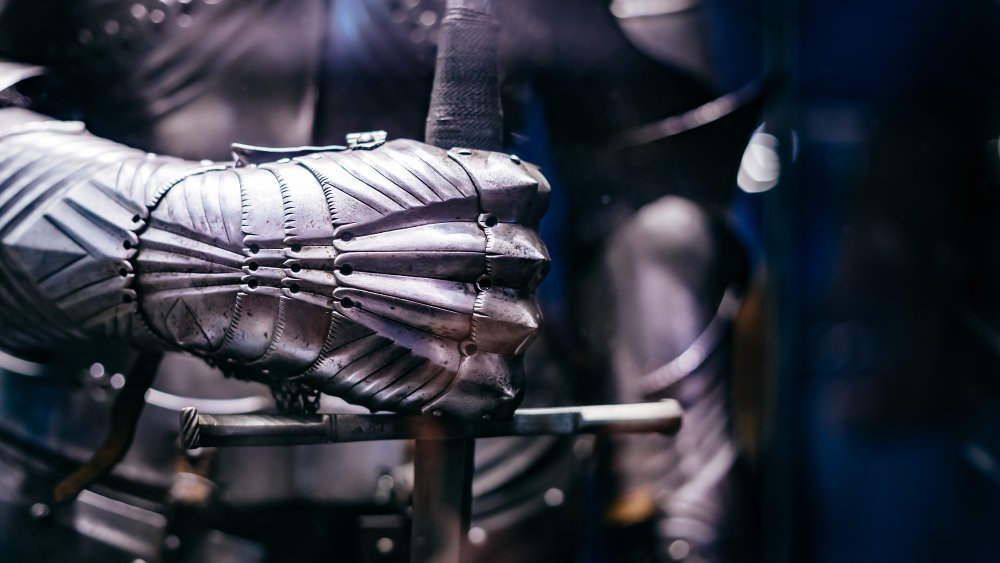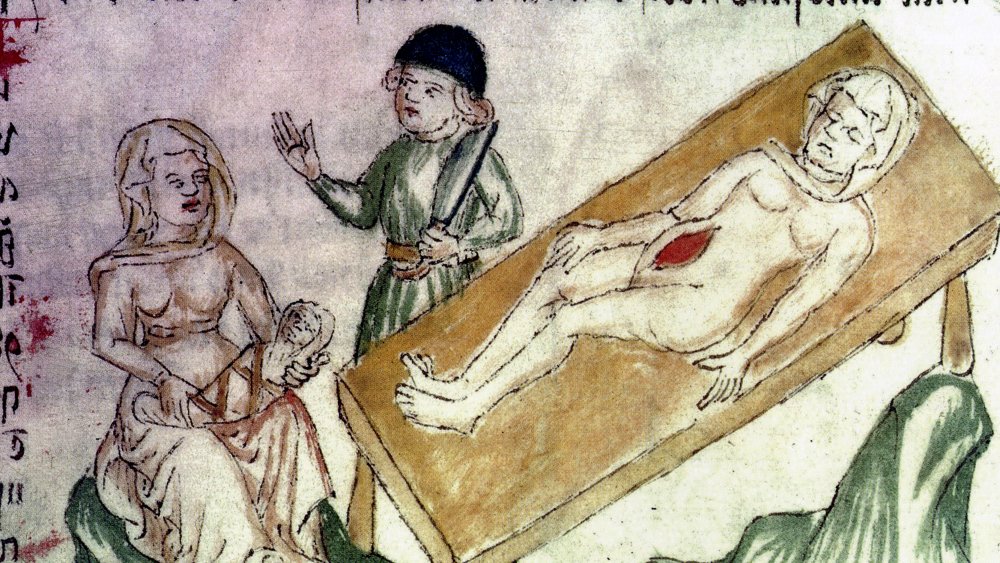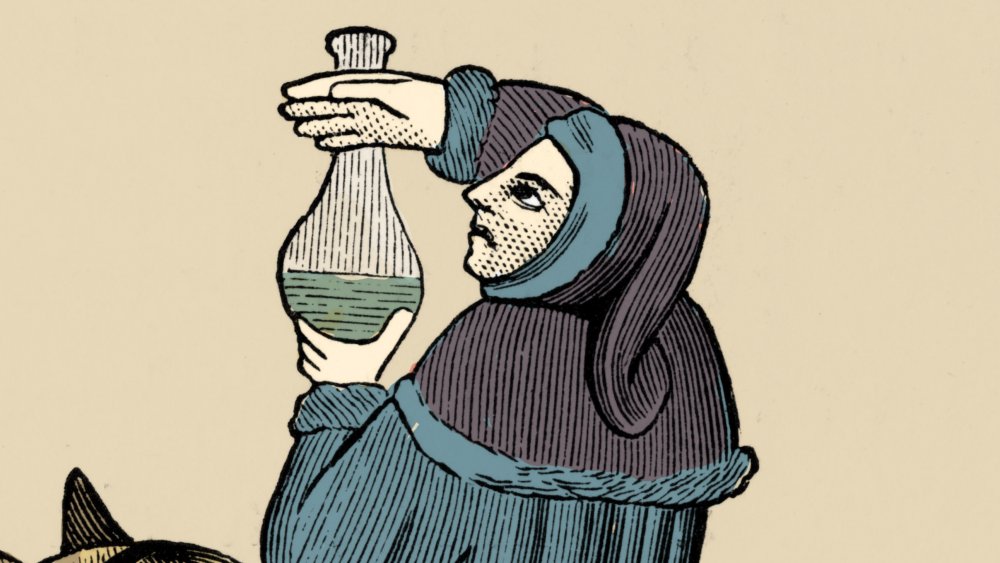Why Medicine Was Deadly During The Crusades
No one can argue that the time of the Crusades was safe. From the late 11th century to the late 13th century (per History), men were being sent off to fight abroad, conditions were not the most hygienic, and people were often dying of hunger. Of course, it was the Middle Ages; things were bound to be terrible compared to now. The sad thing is, even if people lived through the hunger and the wars, a doctor might end up killing them instead. Medicine, especially military medicine during the Crusades, was crude and often very dangerous. The Crusades were more than just witnessing the Knights Templar fight their way through the Ottoman Empire. It was also about expanding lands and learning new ideas.
When the first Crusades began, medicine, particularly in the West, was just beginning to develop into a profession, writes Britannica. So these first missions to the East didn't bring any medics with them. And if they did, they'd be people who can patch up a knife wound rather than treat diarrhea or something.
Later Crusaders set up hospitals in the lands they were fighting in, where doctors would perform surgeries and treat whatever diseases there were. But this wasn't until the 13th century, when physicians became respected members of society. Many of these hospitals were destroyed by natural disasters, and researchers have been trying to piece together what went on there.
Scratched your knee? Okay, say goodbye to your knee
According to NBC, the Crusade doctors did not discriminate against who to treat based on religion. One such hospital, established by the Order of St. John of the Hospital (better known as the Knights Hospitaller), was in Jerusalem. Like today's hospitals, it had separate wings to treat different sicknesses or injuries. It handled about 2,000 patients, including those of other religions, and babies abandoned by families.
The hospital continued to be run by the Christian monks even after the Crusaders were run out of Jerusalem by the Muslim leader Saladin in 1187. While these Crusader hospitals sound advanced, at least in structure, the procedures were not. NBC said the facility run by the Knights Hospitaller in Jerusalem resorted to rather simple solutions for minor injuries. For example, doctors amputated a man's leg using an ax to treat a small wound. Yeah, it's not a pretty sight.
That's not to say doctors during the Crusades had no idea what they were doing; they just had a different way of going about things. A paper from the National Institutes of Health put it this way: At that time, the doctors had some idea about how the body worked, but had an interesting common way to remedy it. Some doctors understood that for deeper cuts, they might need to drain the wound of blood. They also prescribed fasting if soldiers succumbed to diseases like dysentery or leprosy.
Crusaders learned from their enemies
The good news is that Western doctors learned from Muslim doctors. During the first Crusades in the late 11th century, the prevailing knowledge about medicine and health were based on that of the Ancient Greeks. Ailments were said to be caused by an imbalance of "humors" in the body. Not humor as in funny ha-ha comedy, but rather the belief that humans needed to have a balance of yellow bile, black bile, blood, and phlegm. Remedies provided had to take into account which humor was out of whack, as well as the seasons. Eastern doctors, on the other hand, studied the body on an anatomical level, so their remedies look closer to what we see as medicine today.
Crusaders who interacted with Muslim doctors saw first-hand their surgical practices. Doctors followed the hygienic practices of the East and learned how to use alcohol or vinegar as good antiseptics to clean wounds. The hospital set up by the Knights Hospitaller in Jerusalem was said to be heavily influenced by Muslim doctors, particularly as they saw the need to practice triage, or to prioritize treatment of injuries based on their severity.
The Crusades were not a fun time, but at least the doctors learned something from their enemies and made medicine a little less deadly. Just thank your lucky stars you didn't live during the Crusades.


